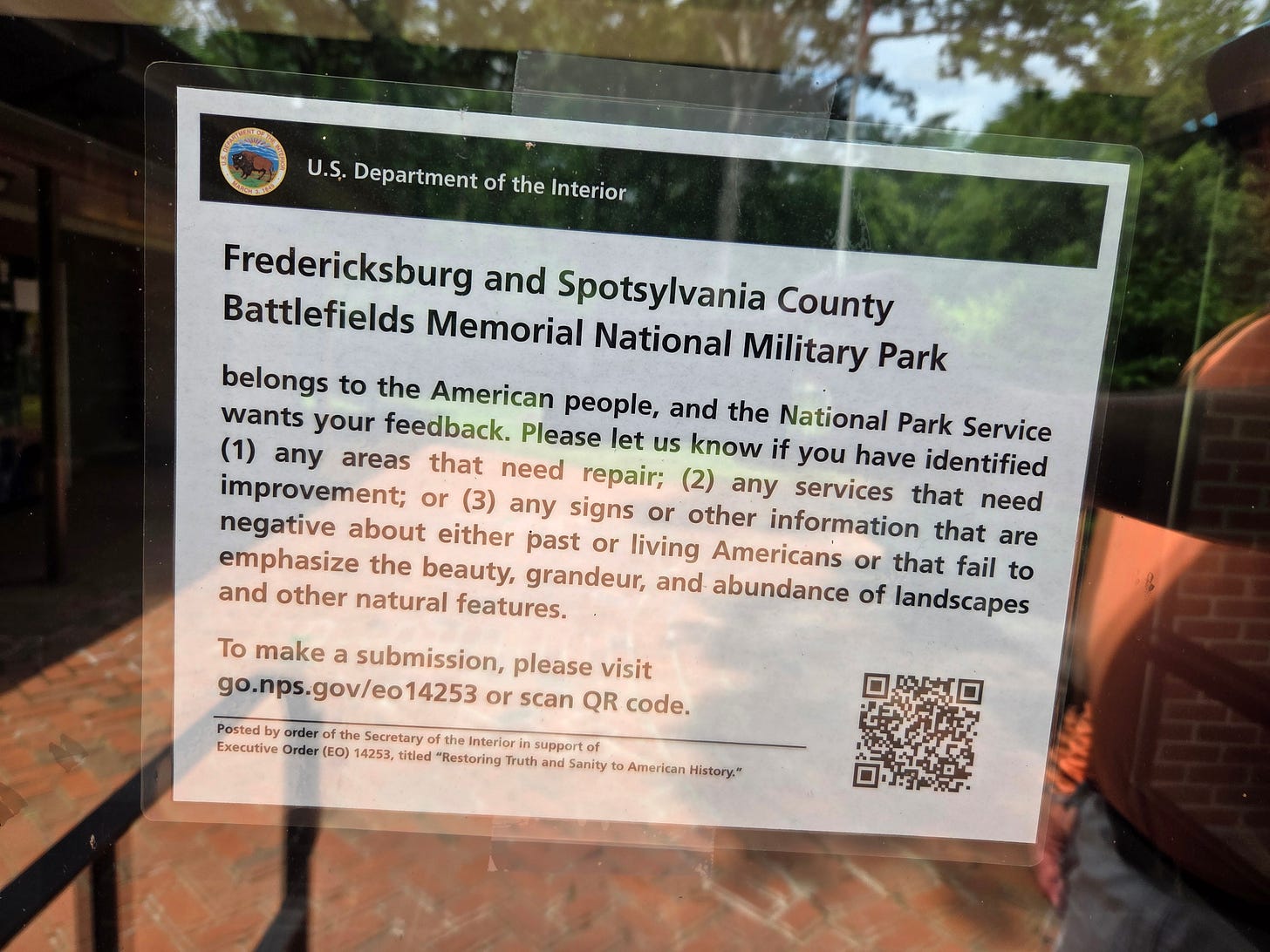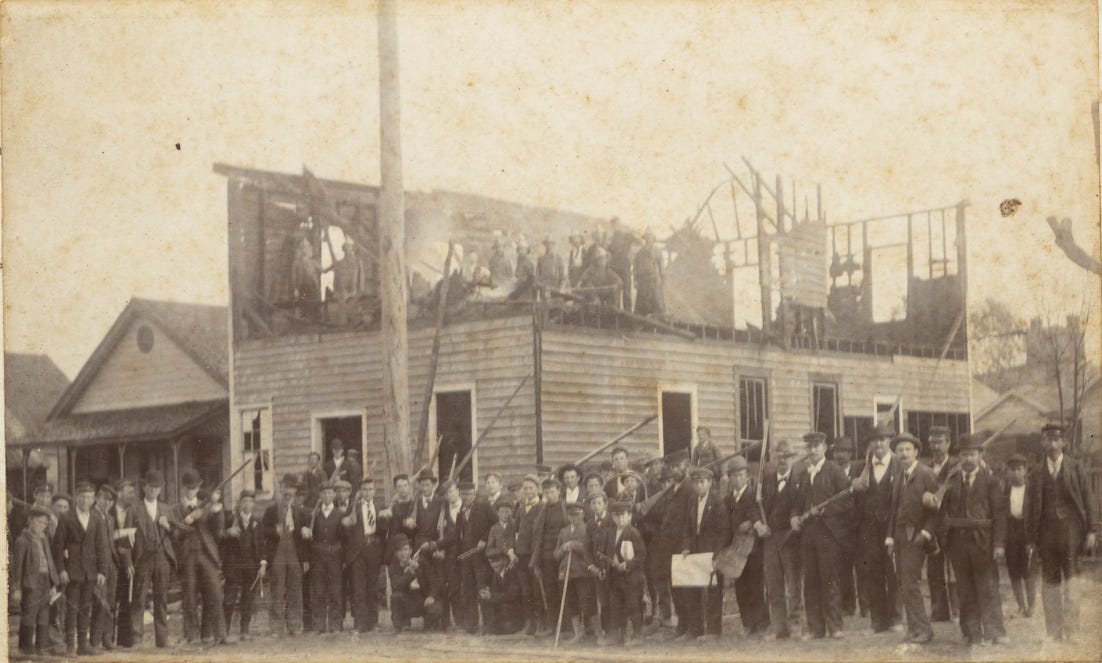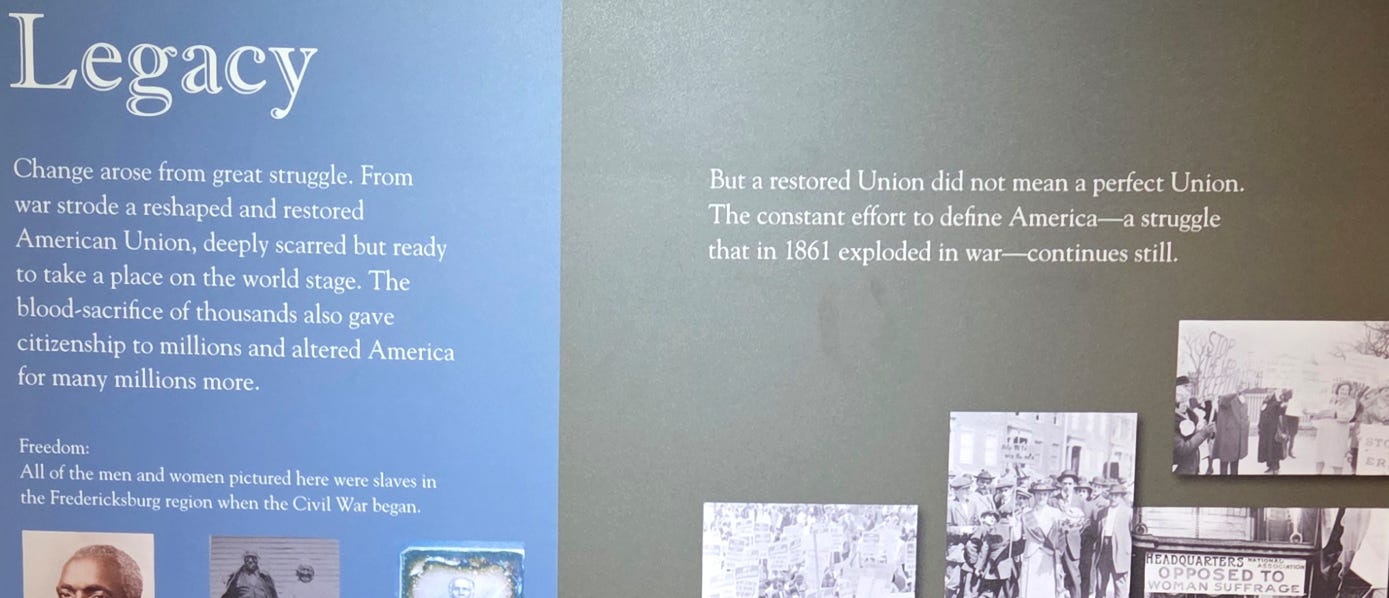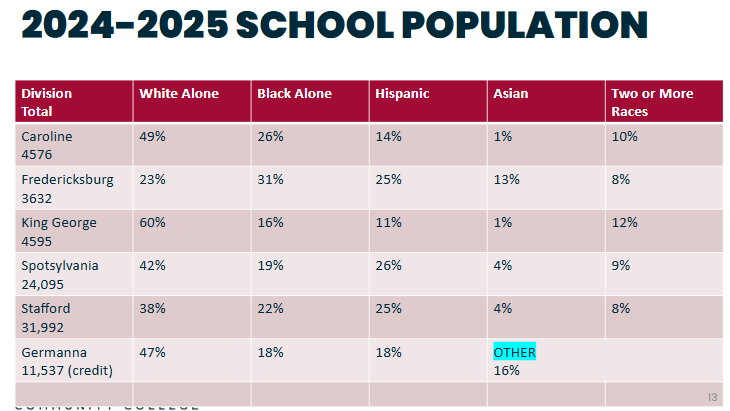FROM THE EDITOR: Who Is an American?
At local National Park Service sites, the government wants you to point out anything deemed "negative" about Americans. It creates a painful question -- who is an American?
By Martin Davis
EDITOR-IN-CHIEF
Email Name

“Everywhere, it seemed, I had to explore two pasts and two presents; one white, one black, separate and unreconcilable. The past had poisoned the present and the present, in turn, now poisoned remembrance of things past.” - Tony Horowitz, Confederates in the Attic
Like most any North Carolinian growing up in the 1960s and 1970s with an interest in history, I found my middle-class imagination saturated by the Civil War. From history classes that focused on the battles and commanders and soldiers, to weekends spent visiting re-enactors with my Boy Scout troop, and family papers documenting our family’s own ties to those not-too-distant days, there was a deep-felt connection to the struggle that forged modern America.
Despite my passion for North Carolina history, however, it wasn’t until the late 1990s that I first learned of the Wilmington Massacre of 1898 — a coup by White Supremacists who overthrew a duly elected local government consisting of Black leaders.

That I did not know about the Wilmington Massacre was no mistake. It was intentionally suppressed. And it was far from the only event like it to be suppressed. Even today, we continue to learn about events in our American story that cast an unfavorable light on the actions of those who preceded us.
Having lived a life that has seen Americans move from a culture that suppresses discomforting stories, to a culture that openly discusses and wrestles with its past, it’s deeply disturbing to see American citizens again running from the whole story of America.
Virginia and Gov. Glenn Youngkin have played a prominent role dismissing those parts of our history that are — in the words of Executive Order One — “inherently divisive concepts.”
Now we see Youngkin’s repressive ideas playing out on a national stage — and our own backyard is Ground Zero.
History Not Welcomed
At Chancellorsville Battlefield, as at every National Park Site in our region and across the nation, visitors are now welcomed with a prominent sign that invites them to help suppress the uncomfortable.
Fredericksburg and Spotsylvania County Battlefields Memorial National Military Park belongs to the American people. … Please let us know if you have identified … any signs or other information that are negative about either past or living Americans or that fail to emphasize the beauty, grandeur, and abundance of landscapes and other natural features.
The wording — a new federal mandate — is instructive.
It doesn’t ask citizens to raise questions about the accuracy of historical interpretation. Rather, it asks visitors to call out “negative” information about “Americans.”
To single out negative information is not good history — it is symptomatic of an approach to history that favors indoctrination over reason.
Further, it conjures an obvious question. What constitutes “negative” information? Does accurately reporting that Robert E. Lee owned slaves count as “negative information”? Is it negative if we note Lee was conflicted throughout his life about the Peculiar Institution? Are showing images of lynchings in the South “negative” information?
Or how about this statement on signage at the Chancellorsville visitor’s center that discusses the enslaved and slavery — the only sign I witnessed directly addressing the enslaved while walking through the center’s rich, well-stocked, well-presented interpretative displays?

“… a restored Union did not mean a perfect Union. The constant effort to define America — a struggle that in 1861 exploded in war — continues still.”
From Gov. Youngkin down to individuals speaking out in Spotsylvania County School Board meetings, similar-type language has been described as indoctrinating, or the “progeny” of “Critical Race Theory.”
It is neither. It is the coarse, harsh reality of Black American history. And it is a part of our past that is critical to address.
Why? because like a pebble thrown into a lake, the ripples created by the Pecular Institution in the fabric of American history continue to create waves in today’s society.
How much it continues to affect our society, and the extent to which it limits opportunity for Black Americans today is a valid question for debate. Denying its impact on American life then and now is an act of intentional suppression.
At Bottom — Who’s American?
The larger issue created by the new signage at National Park sites is this — who, exactly, are Americans?
This is no small question. We are living in an era when the definition of an American is being sharply narrowed. We find evidence of this in aggressive deportations, threats to eliminate Birthright citizenship, and steps taken to remove books from the U.S. Naval Academy the government deems “D.E.I.” or — and there’s no delicate way to say this — not sufficiently deferential to people of European descent. Are these people not American?
This is not a new debate. Our nation has faced this question repeatedly in our short history.
How we answer that question really matters.
For America — certainly as we experience it in our area — can no longer be described as dominated by people of European descent.
In a compelling presentation at a recent ACES Networking Luncheon meeting, outgoing Germanna Community College President Dr. Janet Gullickson detailed in data the America that in short order will be the face of our work and higher education environments. (See the chart below.)
In an interview with the Advance, Gullickson expanded on this data, saying:
Now our schools are half or more people of color. These are the people coming into your workplace. Just look at who’s coming.
This is what is real. If you expect as a business owner that you can continue as you are, you can’t.
Gullickson does not pretend that facing this world is going to be easy.
I have to understand that Hispanics have a different culture. I have to recognize that to get along in the work place I have to know something about these cultures. It’s awkward, but it’s real.
And this is what makes so worrying the move by the U.S. government to enable people to dismiss anything they may feel is “negative” about “Americans.”
“America,” and “Americans,” have never been homogenous. There has never been a time in our history where people of different races and nationalities were not interacting and intermarrying and interwoven into the American story. There have been too many times, however, when school textbooks and government literature have chosen to tell the American story as a homogenous one. Much as North Carolina did with the Wilmington Massacre of 1898, and as Virginia with slavery in school textbooks in the 1950s through the 1980s.
Ours is a gloriously messy, at times deeply disturbing, history. And only in the past 30 to 40 years have we really begun to try and tell that more-complex story.
Ours is also a story of soaring success and overcoming obstacles in ways that have inspired the world.
These stories only have meaning, however, in the total sweep of our national story.
Immigrants and the enslaved and minorities and the poor and the disadvantaged are the story of American success. Rather one’s hero be Andrew Carnegie or Mariano Rivera, Sergey Brin or Ida B. Wells-Barnett, W.E.B. DuBois or Jessee Jackson, Dr. Charles Drew or Sen. Ted Cruz.
We can’t deport enough people, or whitewash our history books and national parks enough, to erase this simple reality.
Theirs are quintessentially American stories. And they make little sense apart from the many negatives that are also part of the American story.
The rising generation of Americans will be more diverse, and from more parts of the world, than possibly any generation in U.S. history. Their stories cannot, and will not, be silenced.
To do otherwise would be to silence America.
Support the Advance with an Annual Subscription or Make a One-time Donation
The Advance has developed a reputation for fearless journalism. Our team delivers well-researched local stories, detailed analysis of the events that are shaping our region, and a forum for robust, informed discussion about current issues.
We need your help to do this work, and there are two ways you can support this work.
Sign up for annual, renewable subscription.
Make a one-time donation of any amount.
Local Obituarie
To view local obituaries or to send a note to family and loved ones, please visit the link that follows.
This article is published under Creative Commons license CC BY-NC-ND. It can be distributed for noncommercial purposes and must include the following: “Published with permission by FXBG Advance.”














While I agree that history should not be glossed over, I can't help but notice that the author does not provide his answer to the question: "What is an American?" Rather he flings the poo against the wall to see what sticks. It appears he is self-flagellating, while pointing his guilt at everyone else; just another DEI CRT zealot calling for more supplicants to share in the religion of white guilt.